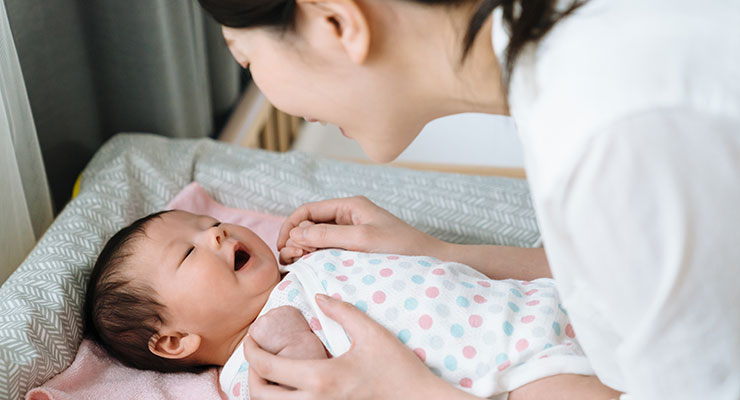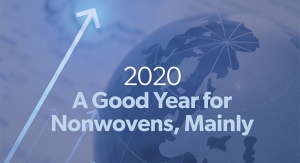Kin Ohmura, Osaka Marketing03.04.21
ASEAN countries and their economies were severely impacted by the Coronavirus pandemic in 2020. Within the nonwovens industry, demand for products for sanitary use, mainly diapers, has not been as strong in 2020 as it was in prior years. In 2020, demand increased at rate of 5% since the start of the pandemic, compared to a slightly higher rate of 9% before the Coronavirus. However, demand for nonwovens in masks and medical garments has been increasing. Materials for these products have been served by local nonwovens producers as well as Chinese companies.
Capacity for diaper components like polypropylene spunbond nonwovens used in the topsheets, side gatherings and the backsheet of diapers has grown as major nonwovens producers have invested in new capacity within the ASEAN region. However, the Coronavirus has put limits on international travel meaning that foreign companies looking to invest in ASEAN countries have had trouble starting up new operations.
Before the pandemic Korean-based Toray had planned to build new facilities, capable of making 18,000 tons of nonwovens per year in India. This investment was delayed from April 2020 to October 2020 because of trade difficulties and travel restrictions. This meant Toray has had to depend more on its operation in Indonesia to support demand in the region.
Fitesa had planned to expand capacity at its facility in Thailand, which it purchased from CNC International in early 2020. This investment was delayed because representatives from the German machinery manufacturer could not travel to Thailand. Asahi Kasei also has a plan to add a new line, with 15,000 tons per year capacity in Thailand. Originally set to start up in July 2021 this line is
also expected to be delayed by the Coronavirus. Delays in these new lines, combined with increased demand for nonwovens, is expected to tighten supply for the short term.
However, once these facilities begin making nonwovens and supplying these markets, competition is expected to intensify. It is also expected that Chinese nonwovens manufacturers will accelerate investment in the ASEAN region. While there were concerns over the quality of Chinese-made nonwoven fabrics, many of these companies have improved their technology.
The end of the pandemic in the world can’t be foreseen, and it is hard to predict the long term effect of the coronavirus on markets like diapers, wipes and face masks. This will mean nonwoven fabric makers will need to be ready to adapt to new market conditions in the future.
Capacity for diaper components like polypropylene spunbond nonwovens used in the topsheets, side gatherings and the backsheet of diapers has grown as major nonwovens producers have invested in new capacity within the ASEAN region. However, the Coronavirus has put limits on international travel meaning that foreign companies looking to invest in ASEAN countries have had trouble starting up new operations.
Before the pandemic Korean-based Toray had planned to build new facilities, capable of making 18,000 tons of nonwovens per year in India. This investment was delayed from April 2020 to October 2020 because of trade difficulties and travel restrictions. This meant Toray has had to depend more on its operation in Indonesia to support demand in the region.
Fitesa had planned to expand capacity at its facility in Thailand, which it purchased from CNC International in early 2020. This investment was delayed because representatives from the German machinery manufacturer could not travel to Thailand. Asahi Kasei also has a plan to add a new line, with 15,000 tons per year capacity in Thailand. Originally set to start up in July 2021 this line is
also expected to be delayed by the Coronavirus. Delays in these new lines, combined with increased demand for nonwovens, is expected to tighten supply for the short term.
However, once these facilities begin making nonwovens and supplying these markets, competition is expected to intensify. It is also expected that Chinese nonwovens manufacturers will accelerate investment in the ASEAN region. While there were concerns over the quality of Chinese-made nonwoven fabrics, many of these companies have improved their technology.
The end of the pandemic in the world can’t be foreseen, and it is hard to predict the long term effect of the coronavirus on markets like diapers, wipes and face masks. This will mean nonwoven fabric makers will need to be ready to adapt to new market conditions in the future.





